Podcast: Play in new window | Download (Duration: 28:06 — 19.4MB) | Embed
Subscribe: Apple Podcasts | Spotify | Amazon Music | Android | Pandora | iHeartRadio | JioSaavn | Podchaser | Gaana | Podcast Index | Email | TuneIn | Deezer | Anghami | RSS | More

Episode 12 Beginning to Pray: “Heaven in Faith” Day 6 Prayer 2 – “If your eye is single, your whole body will be full of light.”
From “Heaven in Faith” found in The Complete Works vol 1:
19. …What is this single eye of which the Master speaks but this “simplicity of intention” which “gathers into unity all the scattered forces of the soul and unites the spirit itself to God. It is simplicity which gives God honor and praise; it is simplicity which presents and offers the virtues to Him. Then, penetrating and permeating itself, permeating and penetrating all creatures, it finds God in its depths.
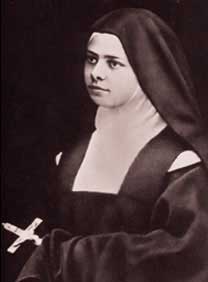
We would like to offer heartfelt thanks to Miriam Gutierrez for providing for us “the voice” of Blessed Elizabeth for this series
For other episodes in the series visit the Discerning Hearts page for Dr. Anthony Lilles
Anthony Lilles, S.T.D. is an associate professor and the academic dean of Saint John’s Seminary in Camarillo as well as the academic advisor for Juan Diego House of Priestly Formation for the Archdiocese of Los Angeles. For over twenty years he served the Church in Northern Colorado where he joined and eventually served as dean of the founding faculty of Saint John Vianney Theological Seminary in Denver. Through the years, clergy, seminarians, religious and lay faithful have benefited from his lectures and retreat conferences on the Carmelite Doctors of the Church and the writings of Blessed Elisabeth of the Trinity.


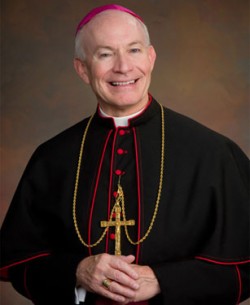 Archbishop Lucas offers insights on the US Catholic Catechism for Adults Chapter 25:
Archbishop Lucas offers insights on the US Catholic Catechism for Adults Chapter 25:



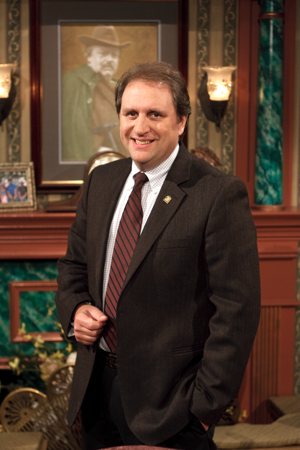
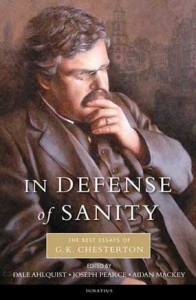 You can find the book
You can find the book 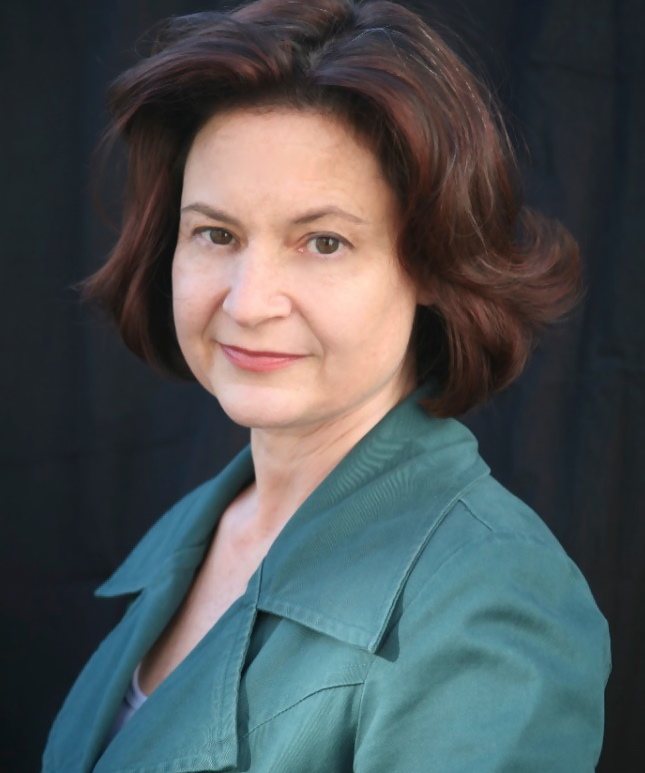 Mary Eberstadt delivers a compelling theory about the decline of the Christian religion in the Western world. By the analysis of data on the family, from pre-Revolutionary France to contemporary culture in the West, she demonstrates how the natural family is the prime nurturing force for Christianity in society. When that family structure dissolves, so does the Christian religion in a culture and the rise of secularization is fostered. While presenting the problem, she also offers hope for the future. Another fascinating and provocative read by Mary Eberstadt!
Mary Eberstadt delivers a compelling theory about the decline of the Christian religion in the Western world. By the analysis of data on the family, from pre-Revolutionary France to contemporary culture in the West, she demonstrates how the natural family is the prime nurturing force for Christianity in society. When that family structure dissolves, so does the Christian religion in a culture and the rise of secularization is fostered. While presenting the problem, she also offers hope for the future. Another fascinating and provocative read by Mary Eberstadt!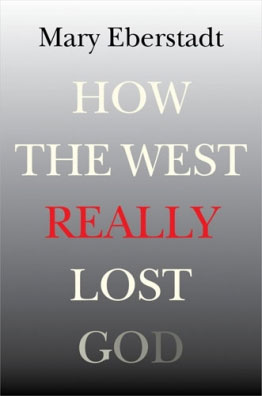
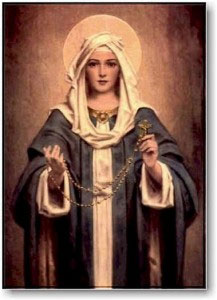 Outside of the Sacramental prayers of the Church, there is no other prayer more important than the prayerful recitation of the Holy Rosary of the Blessed Virgin Mary.
Outside of the Sacramental prayers of the Church, there is no other prayer more important than the prayerful recitation of the Holy Rosary of the Blessed Virgin Mary.
